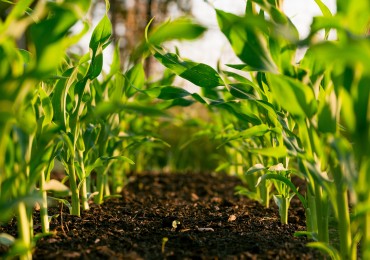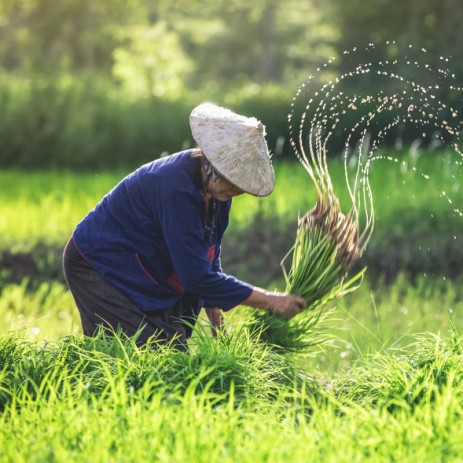news
What Impact will Ukraine's conflict with Russia have on global food supplies?
10 Mar 2022
The Russian-Ukraine conflict has roiled commodity markets and put commodity supplies in jeopardy.
To comprehend how crucial Ukrainian and Russian farmers are to the rest of the globe, we need to grasp how much they export and also which countries might be impacted the most.
Source: International Trade Center
As we can see from the graphic, both countries export the majority of the world's sunflower-seed oil, while Russia is the world's leading wheat exporter. In 2020, Ukraine and Russia together accounted for around 26% of worldwide wheat exports. The world might need to tackle the issue while facing the conflict between the two countries.
Source: International Trade Center
From the graph above, we can see that Russia and Ukraine are positioned to be the most crucial food suppliers for countries that are suffering from food insecurity, including Indonesia. Indonesia is among the largest wheat importers of Ukrainian wheat. Hence, we may expect some price increases and a scarcity of wheat from Ukraine in the country. However, we hope that the government may find an alternative solution in response to the issues.
Furthermore, it will also cause food instability and hunger around the world. We should expect a price increase in wheat in the near future.
In conclusion, we have seen that both countries are significant providers of several commodities, and a prolonged crisis would increase the risk of supply disruptions and higher food prices for many people around the world.
Source: https://www.vox.com/future-perfect/2022/2/27/22950805/russia-ukraine-food-prices-hunger-invasion-war
This might be the best alternative to Indonesia's wheat shortage.
The conflict between Russia and Ukraine put Indonesia’s wheat supply at risk. As wheat is a key ingredient in many foods we consume here in Indonesia, it might hike prices in some food business segments. However, we may have solutions to tackle the issue.
Last year, in response to Indonesia's high demand for wheat imports and now an upcoming threat to wheat supply, an entrepreneur and local flour activist, Annisa Pratiwi, spoke up on how Indonesia can reduce import dependence on wheat. Use local flour instead, she said.
Indonesia has enough opportunities to replace wheat flour with local flour. Not only mocaf flour from cassava, but others such as banana, sorghum, and rice flour can also be used optimally to produce many other processed foods whose functions are not less than wheat flour and actually have the potential to meet the needs of the Indonesian market.
Not only are we able to meet the needs of our people, but it can also have a positive impact on the uptake of cassava in Indonesia. Cassava is one of the local food commodities included in the food diversification program promoted by the Minister of Agriculture, Syahrul Yasin Limpo.
According to the Ministry of Agriculture's Director General of Food Crops, Suwandi, overall cassava production reached 16.35 million tons in 2019 on a harvested area of 0.63 million hectares. Several regions in Indonesia have become centers of large-scale cassava development. Central Lampung, North Lampung, East Lampung, Wonogiri, Gunung Kidul, Serdang Bedagai, Simalungun, and Sikka are only a few of the districts. With that much production, meeting the national demand for mocaf flour should not be difficult. This, Annisa argues, is the way to reduce Indonesia's reliance on wheat imports. However, it cannot be denied that the lack of familiarity with mocaf flour or versatile cassava flour contributes to this product receiving little attention, said Annisa, who is also the founder of PT Agung Bumi Agro. Hence, that would be the next challenge for the government and all of us.
Source: https://www.merdeka.com/uang/tekan-ketergantungan-impor-masyarakat-diminta-gunakan-tepung-lokal.html
 Back To List
Back To List




